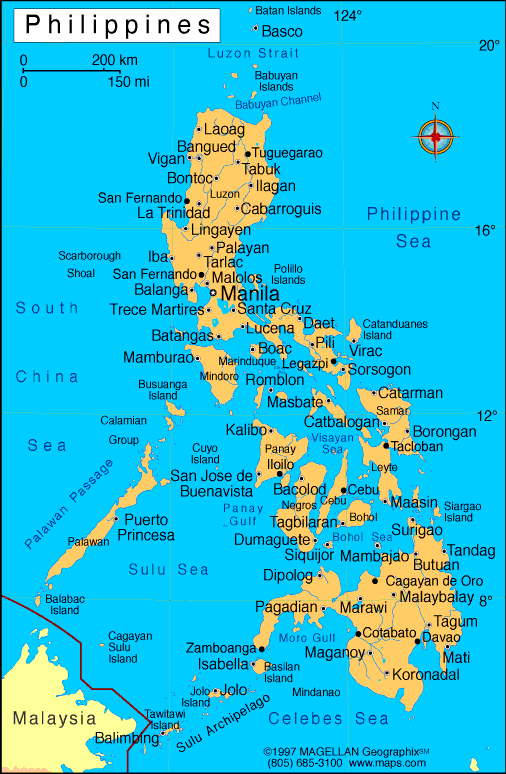Migration & the Health and Social Care Workforce Seminar
Events — LAB 322, ARU Cambridge, CB1 1PT & Online20 March 2024, 14:30
As part of their ongoing research collaboration with Professor Atienza (University of the Philippines) and Professor Carlos (Ryukoku University, Japan), Dr David Smith and Dr Nicola Gillin (ARU) welcome your attendance at their seminar on healthcare worker migration in the UK, Philippines and Japan.
Visiting Professors Professor Atienza (University of the Philippines) and Professor Carlos (Ryukoku University, Japan) will be delivering keynote speeches at the event, followed by a Q&A, and audience discussions on the possible future directions of the international nursing migrant research agenda.
The seminar will take place as a hybrid event, in-person at the Doctoral school (LAB 322) on the Cambridge campus, and online via teams.
This event is free to attend and open to the public - all are welcome!
As the event will be catered, please email nicola.gillin@aru.ac.uk if you wish to attend in person so that accurate in-person attendance numbers can be gauged.
Keynote address by Professor Maria Ela L. Atienza,
Title: 'The State of Health in the Philippines: Challenges of the Public Health System, Health Workers’ Migration and Health Security of the People'.
The Philippines has been known for exporting workers worldwide for decades. In recent years, more and more health professionals are moving abroad to service people in more developed countries instead of catering to their compatriots at home. The nursing profession, in particular, has been attracting more and more students hoping to get better-paying jobs abroad to help their families in the Philippines. However, this out-migration of health professionals is only part or a symptom of the overall health system crisis in the Philippines. This lecture discusses the Philippine health system and the problematic and inequitable health status in the Philippines as well as health workers’ migration and its impact on the health system. The problems of the health system and the migration of health workers will also be shown to impact on the overall health security of the people. The problematic situation encountered more challenges during the COVID-19 pandemic when the Philippine government temporarily banned health workers from leaving the country for work, despite high demand from other countries, in order to work in the heavily understaffed public health system.
This presentation is guided by two approaches, namely human security and the new institutionalist approaches. First, a human security approach will be used to understand the current problems of the health system, the migration of health professionals, and the impact of the first two on the health security of Filipinos. As regards the new institutionalist approach, this approach treats institutions as both independent and dependent variables. In this particular study, the structure of the public health system and regulatory framework are independent variables that provide opportunities as well as sources of problems for the current health status of the country. However, these institutions or structures, as well as their performance, are also affected by other factors such as agents’ values, socioeconomic factors, pressure from other sectors, and even external or global factors. This approach will also determine the type of recommendations or solutions needed to address the problems of the Philippine health care system.
Keynote address by Professor Reinaruth D. Carlos
Title: 'The stepwise international migration of Philippine-educated nurses in Japan and its implications on the country’s nurse labor market'
Japan began to recruit foreign-educated nurses from Indonesia and the Philippines, and later, from Vietnam, under the Economic Partnership Agreement scheme in the late 2000s. Today, after more than a decade since the arrival of the first batch in 2009, the scheme, as expected, has shown limited impact in the nurse labour market. In this presentation, I will show that for many Filipino nurses in Japan, the country is considered largely as a transit, rather than the final destination in their stepwise migration.
The presentation will be divided into three parts. First, I will briefly discuss how and why Philippine-educated nurses engage in stepwise migration and attempt to theorize on the factors affecting such behavior. Second, I cite the case of Filipino nurses and describe how this country’s labor migration policies and cultural characteristics, together with the increasing demand and more favorable policies in other receiving countries, have led to many of the foreign nurses leaving (or planning to leave) this country for the next destination. Finally, I examine its implications on the Japanese nurse labor market, specifically on why the government has continued to implement the scheme despite the low retention, and how the Japanese stakeholders have skillfully dealt with the need for nurses without heavily relying on foreign manpower.

For more information, please contact Dr David Smith: david.smith1@aru.ac.uk